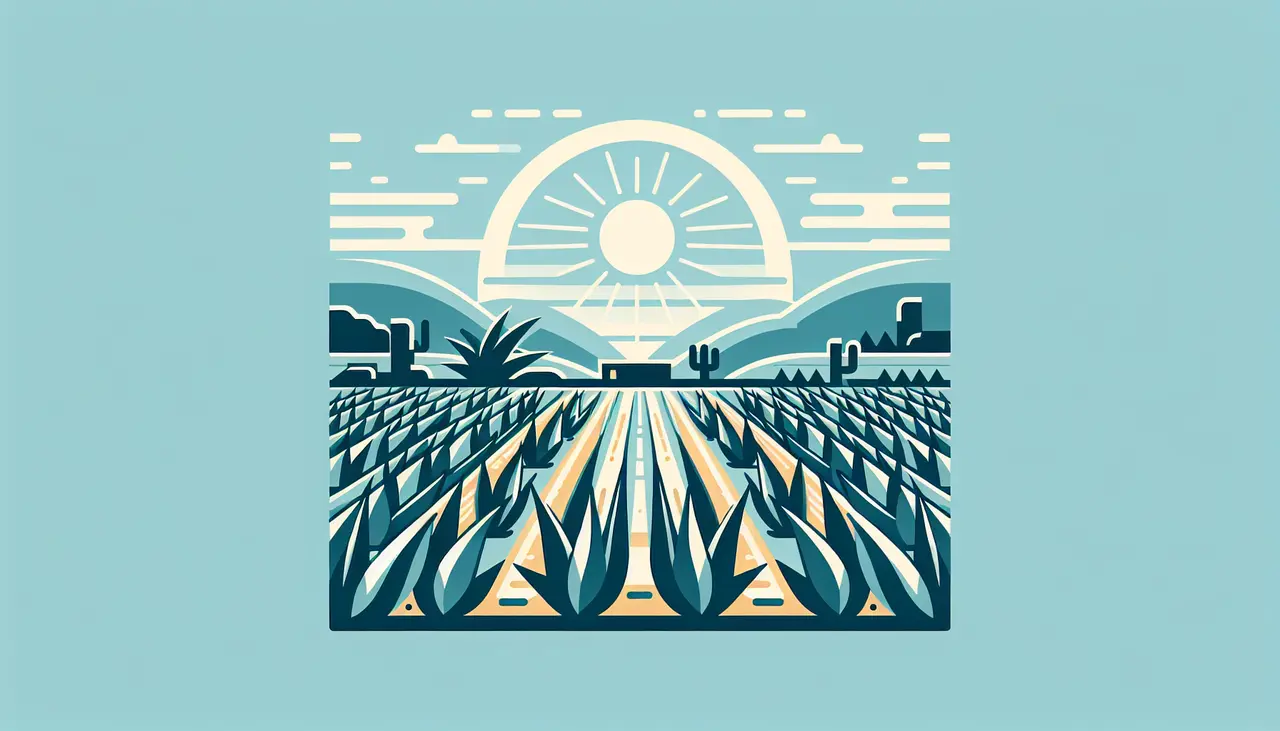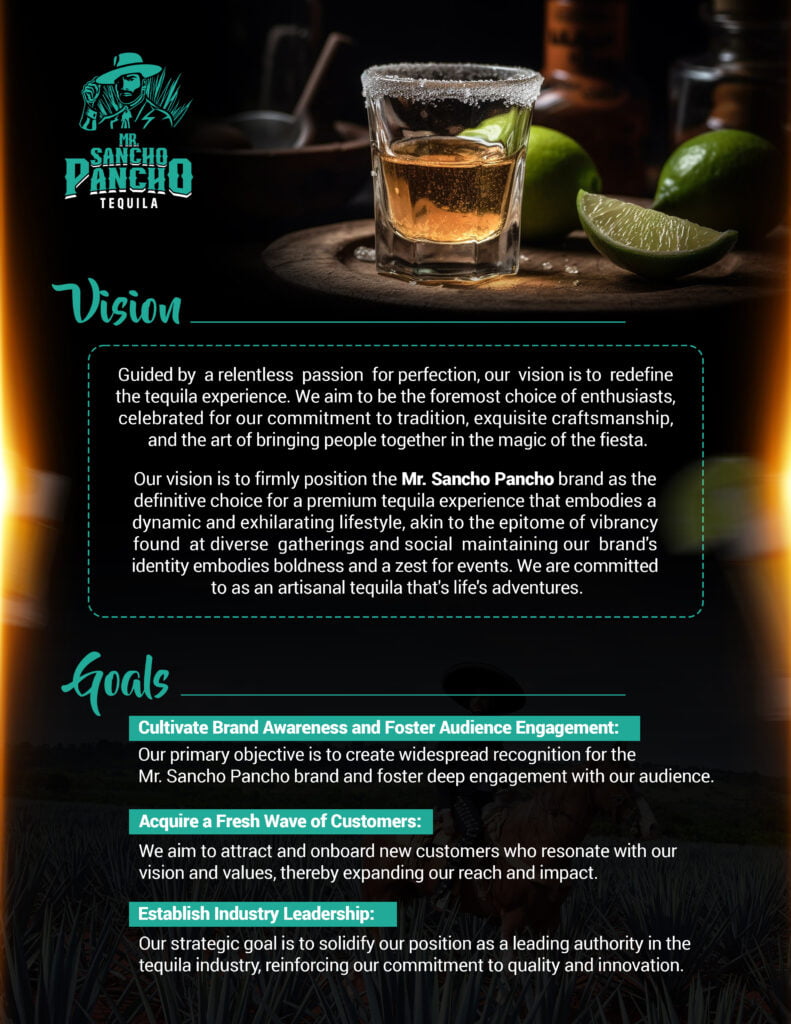Organic tequila has a rich and storied history in Mexico, a country renowned for its vibrant culture and breathtaking landscapes. This organic spirit is more than just a beverage—it’s a testament to Mexico’s commitment to sustainable agriculture, tradition, and craftsmanship. In this blog, we will delve into the origins, production process, and cultural significance of organic tequila in Mexico.
The Origins of Tequila: A Historical Overview
Tequila, originally derived from the agave plant, has been a part of Mexican history long before the Spanish conquest. Indigenous peoples, most notably the Aztecs, were the first to ferment the sap of the agave plant, creating a precursor to modern tequila.
The agave plant itself holds a sacred place in Mexico’s history. Known as ‘mezcal’ in the pre-Columbian era, its use dates back to 1000 BCE. The Aztecs believed the agave plant was a divine gift from the gods, and it played a significant role in their religious rituals and everyday life. The heart of the agave, called the ‘piña,’ was cooked and the sap extracted, initiating a fermentation process that produced a mildly alcoholic beverage called ‘pulque.’ This drink was consumed during spiritual ceremonies and by the elite, marking the early roots of what we now recognize as tequila.
The Spanish conquest in the 16th century brought distillation techniques to the New World. Spanish settlers began experimenting with the native agave plants, eventually creating a new, more potent beverage known as ‘mezcal wine.’ This distilled spirit gained popularity and became widely known as tequila, named after the town in the state of Jalisco, which was an early center of production. The unique soil and climate conditions of the Tequila region provided ideal growing conditions for blue agave, the specific variety used in tequila production.
By the 18th century, tequila production had become a vital industry in Mexico, supporting local economies and providing employment. Distilleries sprang up across Jalisco, each producing their signature style of tequila. This period also saw the introduction of government regulations, ensuring quality and authenticity. The Mexican government established the Denomination of Origin, protecting the name ‘tequila’ and restricting its production to specific regions, much like champagne in France. This move safeguarded the heritage and integrity of tequila, setting the stage for its global recognition.
Transition to Organic Farming Practices
With growing concerns over environmental sustainability, many tequila producers in Mexico have shifted to organic farming practices. This involves cultivating agave without synthetic chemicals, pesticides, or fertilizers, ensuring that the final product is free from harmful residues.
The journey towards organic farming began in response to increasing awareness of environmental degradation and consumer demand for healthier products. Traditional agriculture had often relied on chemical inputs to boost productivity, but these practices resulted in soil degradation, water contamination, and harm to local ecosystems. By adopting organic methods, tequila producers are not only preserving their land but also promoting biodiversity. Beneficial insects, healthy soil microbiomes, and natural pest control methods have become integral to organic agave cultivation.
A hallmark of organic farming is the emphasis on sustainability and regeneration. Organic tequila producers employ techniques such as crop rotation, composting, and natural fertilizers to maintain soil health and fertility. These practices reduce the carbon footprint and enhance the resilience of agave plants, ensuring that they can withstand environmental stressors like droughts and pests. Furthermore, organic certification bodies conduct rigorous inspections to verify compliance with strict standards, guaranteeing that organic tequila is produced in harmony with nature.
The Production Process of Organic Tequila
The production of organic tequila involves several meticulous steps, from harvesting the agave to distillation and aging. Each step is closely monitored to ensure adherence to organic standards, resulting in a spirit that is both pure and flavorful.
Harvesting the agave is a labor-intensive process, traditionally carried out by skilled jimadores. These workers use a specialized tool called a ‘coa’ to carefully trim the agave leaves and extract the heart, or piña. For organic tequila, the timing of the harvest is critical, as the piñas must be mature and rich in sugars to ensure high-quality spirits. Once harvested, the piñas are slowly baked in traditional brick ovens, a process that converts the agave’s complex carbohydrates into fermentable sugars, imparting unique flavors to the tequila.
Fermentation is the next crucial step in the production process. Organic tequila producers often rely on wild yeast strains present in the environment, rather than commercial yeasts, to ferment the agave juice. This practice not only adds complexity to the flavor profile but also aligns with organic principles by avoiding genetically modified organisms (GMOs). The fermentation process can take several days, allowing the agave sugars to be thoroughly converted into alcohol. The resulting fermented liquid, or ‘mosto,’ is then meticulously distilled to purify and concentrate the spirit.
Cultural Significance and Celebrations
Tequila is not just a beverage but an integral part of Mexican culture. Festivals, traditional ceremonies, and communal gatherings often feature tequila as a central element, celebrating its deep-rooted cultural significance and the role it plays in social bonding and heritage.
One of the most notable celebrations is the National Tequila Day, held annually on July 24th. This day is dedicated to honoring tequila’s heritage and its impact on Mexican culture. Events are held across the country, featuring tastings, demonstrations of traditional distillation methods, and cultural performances. In the town of Tequila, Jalisco, the celebrations reach their zenith, drawing tourists and locals alike to partake in the festivities. Here, tequila drinking is accompanied by traditional Mariachi music, folklore dances, and an array of culinary delights, all underscoring the deep bond between tequila and Mexican identity.
Tequila also plays a pivotal role in family gatherings and celebrations, such as weddings, birthdays, and religious ceremonies. Sharing a bottle of tequila is a symbol of hospitality and kinship, bringing people together to celebrate life’s milestones. In many regions, it is customary to offer a toast with tequila to honor ancestors and the land from which the spirit comes. This ritualistic consumption reflects the profound respect Mexicans have for tequila as a gift from the earth, embodying the virtues of gratitude and togetherness.
Economic Impact of Organic Tequila in Mexico
The organic tequila industry has significantly contributed to Mexico’s economy, providing jobs and promoting sustainable agricultural practices. The global demand for organic tequila has created new opportunities for local farmers and distilleries, reinforcing the importance of environmentally friendly production methods.
In regions like Jalisco, where tequila production is concentrated, the shift to organic methods has revitalized rural communities. Organic agave farming requires more hands-on labor, leading to increased employment and better wages for farm workers. Small-scale farmers who adopt organic practices often receive premium prices for their agave, providing a stable income and economic resilience. This trend has encouraged more farmers to transition to organic cultivation, fostering a culture of sustainability and economic empowerment.
The rise of organic tequila has also spurred growth in related industries, such as tourism and hospitality. Tequila tours, where visitors can explore distilleries and witness the production process, have become a popular attraction. Many distilleries offer eco-tours, highlighting their organic farming practices and commitment to environmental stewardship. These tours not only generate revenue but also educate consumers on the benefits of organic agriculture, creating a more informed and conscious market.
Global Appreciation and Future Trends
As awareness and appreciation for organic products continue to grow globally, organic tequila is gaining popularity beyond Mexico’s borders. Future trends indicate a rising demand for high-quality, sustainably produced spirits, with organic tequila leading the charge.
International markets have embraced organic tequila for its purity, flavor, and ethical production methods. Countries like the United States, Canada, and various European nations have seen a surge in organic tequila imports, with consumers willing to pay a premium for certified organic products. This trend is bolstered by the growing health and wellness movement, where consumers are increasingly mindful of the ingredients and production processes behind their food and beverages. Organic tequila, free from synthetic additives and chemicals, aligns perfectly with this shift towards cleaner, more sustainable consumption.
Looking ahead, the future of organic tequila appears promising. Innovations in sustainable agriculture and distillation technologies are set to further enhance the quality and environmental credentials of organic tequila. Producers are exploring new methods to reduce water usage, improve energy efficiency, and minimize waste. Additionally, collaborations between distilleries and environmental organizations are on the rise, aiming to protect the natural habitats of agave plants and promote biodiversity. These efforts ensure that organic tequila will continue to thrive, embodying a harmonious balance between tradition and innovation.
A Toast to the Future of Organic Tequila
From its ancient roots to its modern-day significance, organic tequila embodies the spirit of Mexico in every drop. It stands as a testament to centuries of tradition, sustainable practices, and a deep respect for the land. As organic tequila continues to gain popularity worldwide, it remains a symbol of Mexico’s rich cultural heritage and dedication to preserving natural resources for future generations.















